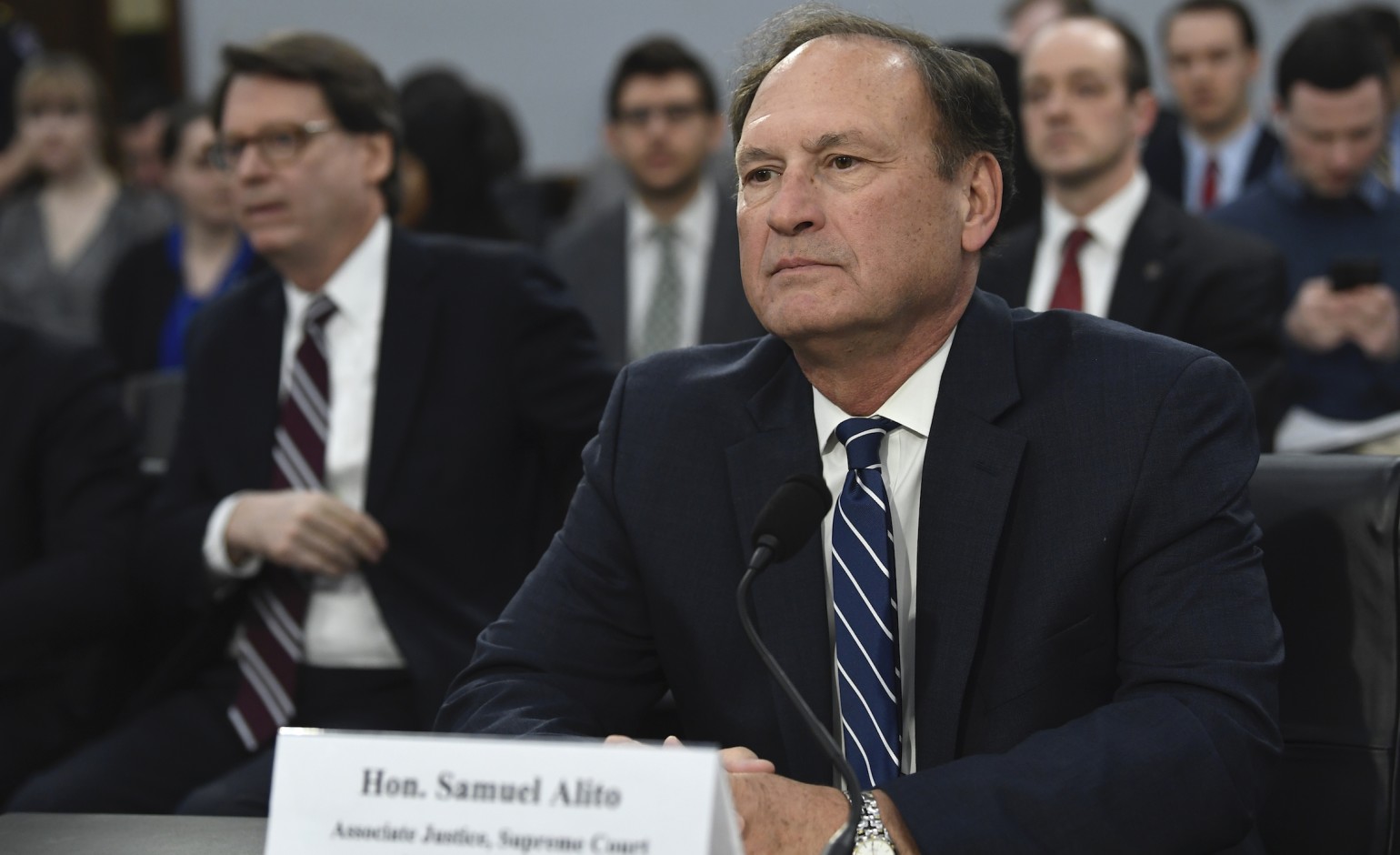Federal Courts Accountability Update: They Still Need Fixing

1. Justice Alito likely missed another recusal, this time in 20-6256, Valentine v. PNC Financial Services, et al., where one of the “al.” was PNC Bank, whose shares Alito owns, up to $50,000 worth. (Cert. denied, p. 12.)
Our guess: the justice would say he’s not required to recuse since the petition was dismissed before PNC filed a response, so there would be “no way” to know about the conflict. That’d be a weak excuse, especially with another PNC entity in the caption.
2. You may have noticed several judges have taken senior status of late. Our view: they should spend their extra time reviewing how to file financial disclosure reports. From FTC’s Tyler Cooper:
- Judge Gilmore noted, a year late, that an LLC she formed ”should probably have been disclosed” the year prior. Um, yes.
- Another obvious one: Judge Viken recently (2017) learned that certain investments “were reportable” and that it’s not necessary to redact the word “spouse” (see 2014 to 2015)
- Judge Chin also recently learned that there’s no harm in leaving the word “spouse” unredacted (see 2017 to 2018)
- The Committee on Financial Disclosure and/or the U.S. Marshals Service decided that Judge Katzmann should start redacting two of his outside positions (cf., 2012 to 2013).
- And in the other direction, Judge Mosman doesn’t need to list that he’s a “United States District Judge for the United States Courts” under section 1, “Positions” (see 2018)
3. Reps. Ro Khanna and Don Beyer have indicated they’ll reintroduce the Supreme Court Term Limits and Regular Appointments Act, the first and only statutory measure to limit future justices’ tenures to 18 years and require biennial appointments.
Our view: save everyone’s time on the Biden SCOTUS Commission and advance this proposal, which is already popular and has historically had bipartisan buy-in.
4. Meantime, we’re still waiting for Ginni Thomas to apologize for giving awards to conspiracy theorists, attacking Parkland survivors, sharing Facebook posts with blatantly wrong and offensive information about the Holocaust, lying about voter fraud, denigrating immigrants…
5. From left field (is baseball an Olympic sport?), the Administrative Office of the U.S. Courts hired a 33 year old to run the Office of Judicial Integrity. But that seems to be it; though the AO received FY21 funding for three positions, the “Office” has never comprised more than one person.
This comes as the latest misconduct-in-the-judiciary suit was dismissed, with the judge holding (p. 3) “sovereign immunity shields [judicial officers, including AO Director Mauskopf and former Director Duff, who were named] from suit.”
6. The AO’s third broadcast pilot program has begun in earnest. (You’ll recall the first cameras one was, by association, killed by O.J., 1991-94, and the second cameras one was killed by poor video quality and lack of buy-in from participating judges, 2011-15). This one is live audio, which (1) “will not be recorded or otherwise available for playback or download after the proceedings has ended” and (2) “may not be recorded, broadcasted, posted or reproduced in any form or duration.”
So, we ask: what’s the point? Every single circuit that’s livestreaming audio nowadays…saves the audio and permits playback!
7. Finally, New York state recently enacted a law requiring judges to explain their recusal decisions. The lead sponsor, Sen. Todd Kaminsky, wrote FTC last week wishing us luck as we try for the same on the federal level.
Research coming from our law clerks next week will show several other states have similar requirements.